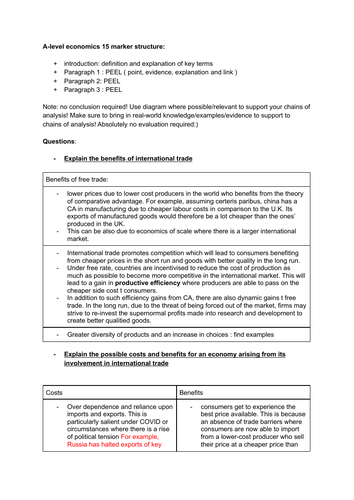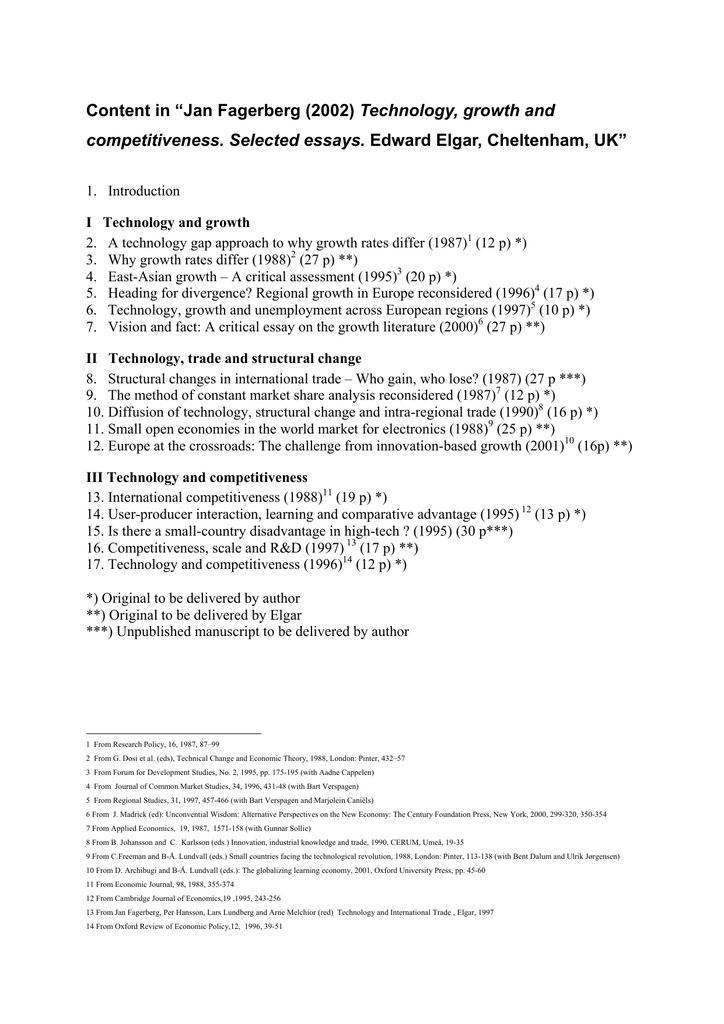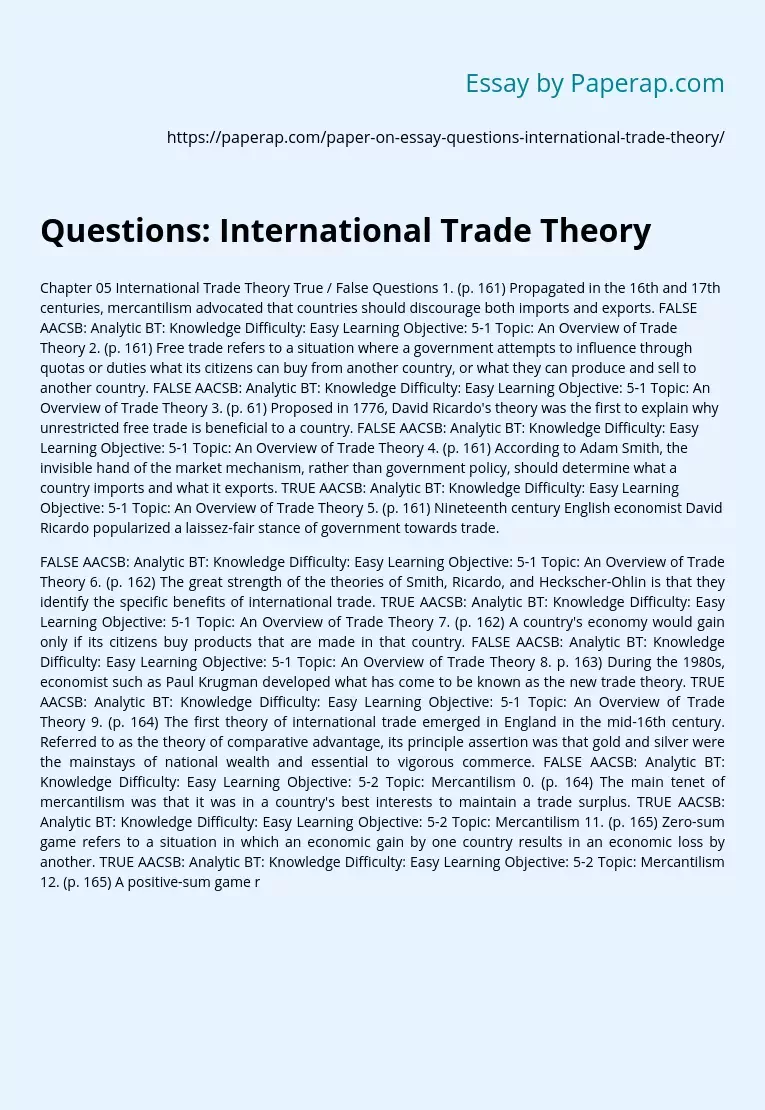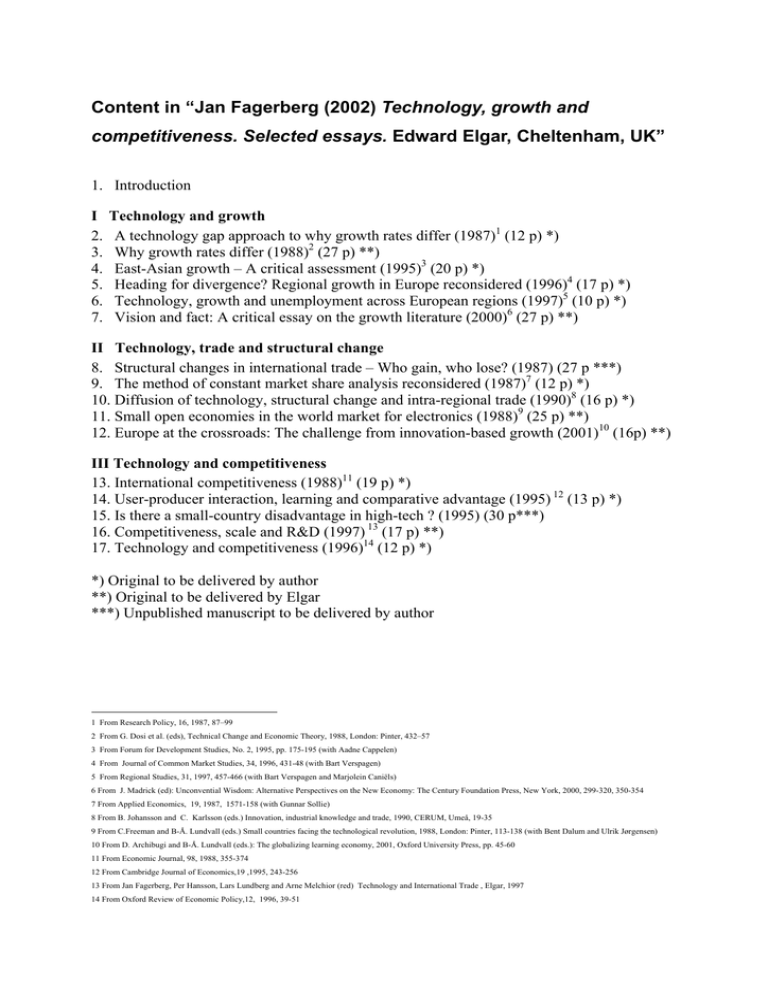International trade refers to the exchange of goods, services, and capital across international borders. It is a crucial part of the global economy, as it allows countries to specialize in the production of certain goods and services and to access a wider range of products and resources.
One of the main benefits of international trade is that it allows countries to access a wider range of goods and resources than they could produce on their own. For example, a country with a hot and humid climate may not be well-suited for growing wheat, but it can import wheat from a country with a cooler and drier climate. This specialization allows countries to take advantage of their natural resources and climate to produce goods and services that are in high demand, increasing their competitiveness in the global market.
International trade also promotes economic growth and development. When countries trade with one another, they can access new markets and customers, which can lead to increased demand for their goods and services. This increased demand can lead to increased production, which in turn can lead to the creation of new jobs and increased economic growth.
In addition to the economic benefits, international trade can also help to promote cultural exchange and understanding between countries. When countries trade with one another, they are exposed to different cultures and ways of life, which can lead to increased understanding and cooperation between nations.
However, international trade is not without its challenges. One of the main challenges is the issue of trade barriers, such as tariffs and other restrictions that can make it difficult for goods and services to be traded across international borders. These trade barriers can create challenges for businesses and can lead to economic inefficiencies.
Another challenge is the issue of unequal trade relationships, where one country has a significant advantage over another in terms of the terms of trade. This can lead to imbalances in the global economy and can result in negative consequences for the disadvantaged country.
Despite these challenges, international trade remains a crucial part of the global economy and will likely continue to play a significant role in the economic growth and development of countries around the world. As such, it is important for countries to work together to address the challenges of international trade and to ensure that the benefits of trade are shared by all.








